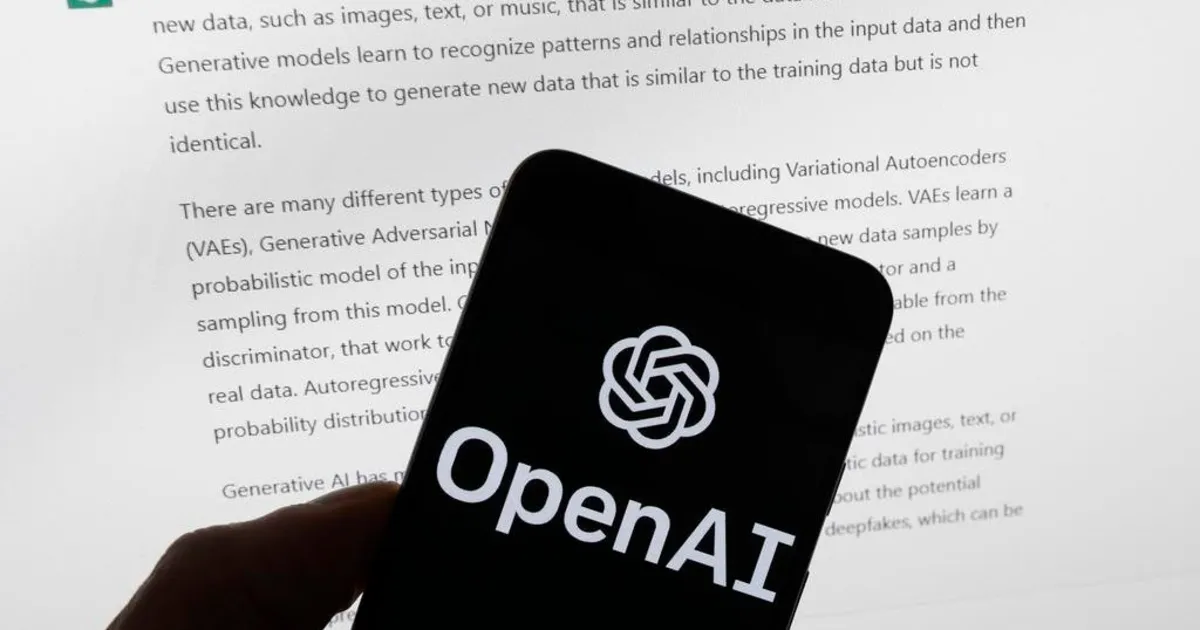
A federal judge has ruled that The New York Times and several other newspapers can move forward with a significant copyright lawsuit against OpenAI and Microsoft. This lawsuit seeks to halt the controversial practice of using these newspapers' stories to train artificial intelligence chatbots, which has raised substantial concerns regarding copyright infringement.
On Wednesday, U.S. District Judge Sidney Stein of New York made a pivotal decision by dismissing some claims made by the media organizations while allowing the majority of the case to proceed. This ruling opens the door for a potential jury trial, which could set a critical precedent in the realm of copyright law and AI.
Following the ruling, Ian Crosby, an attorney for The New York Times, expressed appreciation for Judge Stein's thorough consideration of these complex issues. "As the order indicates, all of our copyright claims will continue against Microsoft and OpenAI for their widespread theft of millions of The Times's works," Crosby stated. He added that they look forward to continuing their pursuit of justice in this matter.
The ruling was also welcomed by Frank Pine, executive editor of MediaNews Group and Tribune Publishing, which are among the newspapers involved in a consolidated lawsuit in Manhattan. Pine emphasized that the claims dismissed by the court do not alter the fundamental basis of their case, which asserts that these tech companies have unlawfully taken their work, thereby violating copyright laws and significantly harming their business model.
While Judge Stein did not elaborate on the reasons for his ruling, he indicated that a detailed explanation would be provided soon. In response to the lawsuit, OpenAI issued a statement welcoming the court's dismissal of several claims. The organization reiterated its commitment to building AI models using publicly available data in a manner that adheres to the principles of fair use and promotes innovation.
The New York Times has raised alarms about how OpenAI and its partner Microsoft could threaten its livelihood by allegedly appropriating billions of dollars' worth of journalistic content. In some instances, AI models have reportedly reproduced The Times’ material verbatim when users seek information from generative AI platforms like OpenAI's ChatGPT.
This ongoing legal battle highlights the critical intersection of journalism and technology, raising essential questions about copyright, fair use, and the future of content creation in the age of artificial intelligence. As the case unfolds, it will be crucial to monitor its impact on both the media industry and the evolving landscape of AI technologies.